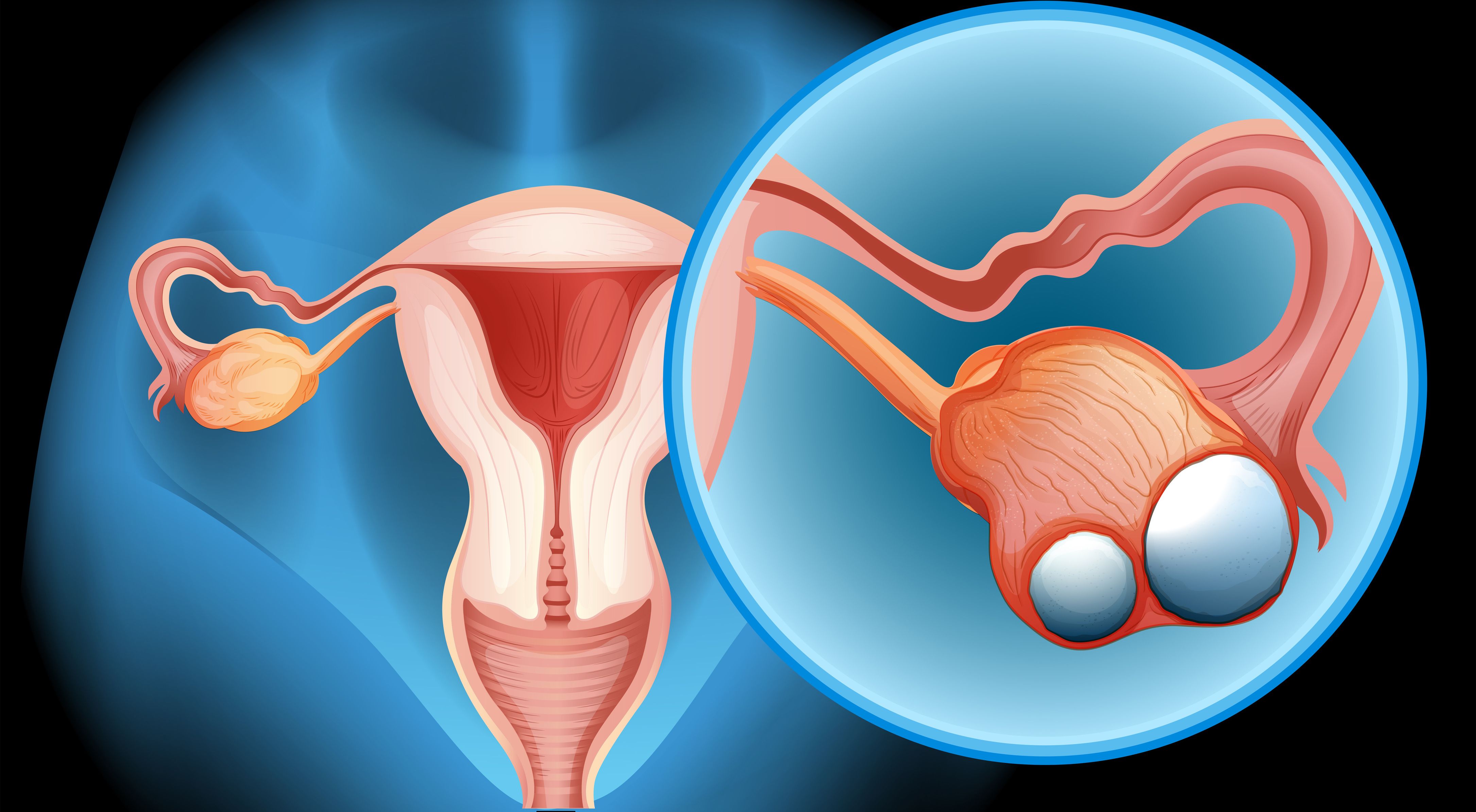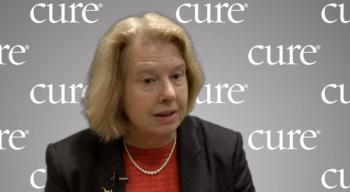
One family shares their experience with the discovery of a BRCA mutation, and how they discussed it among one another.


One family shares their experience with the discovery of a BRCA mutation, and how they discussed it among one another.

Although individuals may have concerns about enrolling in a study, their involvement may lead to new discoveries.

Eva Moon, a writer, musician and performing artist, discusses her genetic mutation and how it changed the direction of her life.

In this episode of CURE Talks Cancer, we caught up with all three storytellers from the “Our Way Forward: Stories that Illuminate the Ovarian Cancer Experience,” storytelling event hosted through a special engagement with The Moth.

New research indicates that aspirin and nonsteroidal anti-inflammatory drugs (NSAIDs) such as ibuprofen (Advil) or naproxen (Aleve) could not only reduce the risk of ovarian cancer, but also improve survival with daily use.

After testing positive for the BRCA mutation, Pulaski has become an advocate and authored a book titled “Mom’s Genes,” which focuses on starting the conversation with children about their family’s health history.

Three storytellers offered their experiences with BRCA mutation at a Basser Center for BRCA event in New York City.

In this special edition of the CURE Talks Cancer podcast, we kick off National Hereditary Breast and Ovarian Cancer Week and Previvor Day.

Although immunotherapy’s use in ovarian cancer lags other cancer types, Matthew Powell, M.D., believes there is still promise for checkpoint blockades in this field, likely in combination with other agents.

Seven years ago, I was diagnosed with Lynch syndrome, a hereditary cancer condition which significantly increases my chances of developing early-onset cancer.

Researchers disagree on whether or not to monitor ovarian cancer survivors with frequent CA-125 tests. But this patient would rather have more information than less.

Patrick Dempsey discusses National Ovarian Cancer Awareness Month.

Life after a hysterectomy is one of the many challenges I have had to overcome.

A new tool that helps surgeons distinguish healthy tissue from tumor in real-time could change the landscape of surgical ovarian cancer treatment for the better.

Researchers may have found a potential new way to treat patients with ovarian or lung cancer who had previously failed other treatments, according to early trial findings published in Annals of Oncology.

The Foundation for Women’s Cancer Continues the Fight to End Gynecologic Cancer One Step at a Time; Race Set for Nov. 4, 2018 in Washington, DC

In this week’s episode, we speak with author and avid patient advocate Shannon Pulaski about her new efforts to help empower children to learn about their family’s health history.

In recent years, treatment has expanded for mutations that are well-understood in this space.

A recent survey of physicians revealed that 17 percent of doctors with personal experience with cancer were more likely than those without to act against established guidelines to recommend that low-risk women receive ovarian cancer screening.

According to a recent study conducted at the University of Alabama at Birmingham Schools of Public Health and Medicine, disparities among patients who receive instructions for this follow-up care still exist.

Through correspondence with TV personality Fred Rogers, one survivor of cancer found hope and inspiration.

In recent decades, researchers have gained a much better understanding of how gynecologic cancers develop, especially for women who carry genetic mutations.

A common goal for palliative care is pain management, where opioids like morphine are often on the frontline. Then, practitioners may build on medications from there, adding agents such as gabapentin and tricyclic antidepressants. But if those don’t work, Christopher J. Pietras, M.D. said that ketamine may be an option.

The combination use of Tumor Treating Fields plus paclitaxel more than doubled progression-free survival, with no serious treatment-related side effects in women with recurrent, platinum-resistant ovarian cancer.

Chemotherapy and PARP inhibitors may share some side effects, but there are some major differences between the two when it comes to treating ovarian cancer.